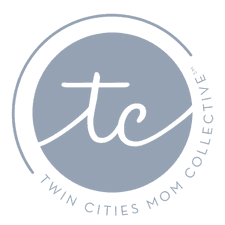
What is autism? Why do we keep hearing more about it and why don’t we know more?
Today, about 1 in 59 children are diagnosed with autism spectrum disorder (ASD), a number that has been increasing significantly in recent years. In Minnesota, this number is estimated to be even higher at 1 in 42 children being diagnosed. ASD is called a spectrum disorder because of the variation between symptoms shown in people with the disorder, which typically include impaired social communication skills and restrictive and repetitive behaviors.
With all the unknown related to ASD, researchers at the University of Minnesota Jacob Lab are studying several aspects of the disorder across the lifespan to further understand ASD and improve the quality of life for people with the disorder. If you or someone you know would like to impact the future of our understanding of ASD, please consider the opportunities listed below:
FiND Network (Focus in Neurodevelopment Network): Open to all ages
The Focus in Neurodevelopment (FiND) Network is a state-wide network connecting you to resources, events, and research opportunities related to neurodevelopmental disorders. Anyone can sign up, including individuals with or without neurodevelopmental disorders, family members, professionals, and others who want to stay connected. Registration consists of a 5-10 minute survey that can be completed at find.umn.edu.
SPARK: Open to all ages
Become a part of SPARK, the nation’s largest autism genetics study that can be completed entirely from home. SPARK is looking to enroll 50,000 individuals with autism and their families. These individuals will provide information and a saliva sample that will be used for DNA analysis to advance our understanding of autism. The U of M is one of over 20 clinical sites across the country working to enroll families in the study. Any individual with a professional diagnosis of autism and their families are welcome to participate. Online registration can be completed in 30 minutes, and a DNA collection kit is sent directly to your home. After saliva collection kits are returned, the individual with autism will receive up to $50 in gift cards. You can enroll at www.SPARKforautism.org/uminnesota. The local team can guide you through the process and help with resources when participating.
Gastrointestinal Health and Neurodevelopment: 12-36 months old
The GI study is examining the differences in the gut microbiome of individuals with and without neurodevelopmental disorders. Children ages 12-36 months old, with or without a neurodevelopmental disorder are welcome to participate by having a parent complete several questionnaires and providing a fecal sample which is usually collected from a dirty diaper. This takes approximately 30 minutes and participants are compensated with a $20 gift card.
oRBiting: 5-45 years old
People with autism tend to have behaviors that they often repeat. The oRBiting study is looking for people 5-45 with autism and people 5-12 without autism to help learn more about the different ways that these behaviors can be measured. During this 15 week study, participants will use a smartphone app and a smartwatch to help researchers understand what people with autism do every day. Participants can earn up to $400 for participation. This will be important for developing interventions and treatments to help with repetitive and inflexible behaviors.
Neurobehavioral Functioning in Youth: 8-17 years old
Participate in a study to learn more about brain functioning in youth. This study is open to youth with ASD, OCD, ADHD, tic disorders, and those without any neurodevelopmental disorders. Participation includes completing 1.5-3 hours of computer tasks that are designed like games while parents complete questionnaires. Participants can earn up to $30 for participation per visit.
Brain training and tDCS: 12-17 years
This study is examining the effects of cognitive brain training along with transcranial direct current stimulation (tDCS) on symptoms of compulsivity and impulsivity. Individuals with ASD, ADHD, or OCD can participate. Participation involves 5 brain training visits within 7 days and 3 monthly follow up calls. Participants will be compensated up to $140.
Cognitive Training: 12-35 years
The cognitive training study is looking at the impact of new computer-based cognitive training programs in individuals with ASD. People that are 12-35 years old with autism can participate by playing computer-based learning games at home over 10-14 weeks. Participants can earn up to $355 for participating over the series of weeks.



